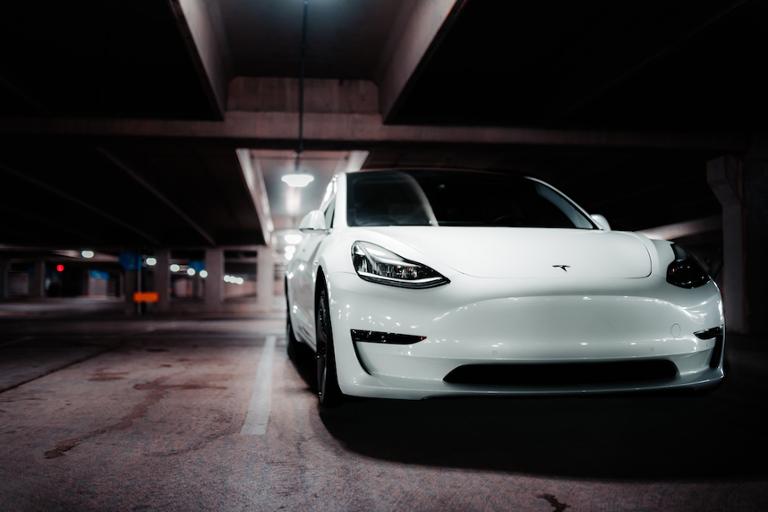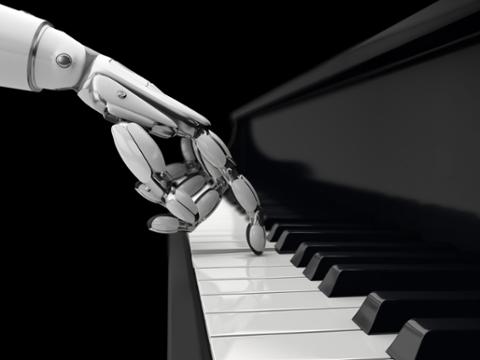Tesla CEO Elon Musk wants to hire some artificial intelligence (A.I.) researchers—and he says he doesn’t care if they actually have degrees.
Earlier this week, Musk Tweeted: “Join AI at Tesla! It reports directly to me & we meet/email/text almost every day. My actions, not just words, show how critically I view (benign) AI.” The accompanying link led to a page for Tesla’s autopilot projects, which include a combination of hardware (chips that power A.I. software) and software (neural networks, autonomy algorithms, and more) initiatives.
“At Tesla, using AI to solve self-driving isn’t just icing on the cake, it the cake” - @lexfridman
— Elon Musk (@elonmusk) February 2, 2020
Join AI at Tesla! It reports directly to me & we meet/email/text almost every day. My actions, not just words, show how critically I view (benign) AI.https://t.co/iF97zvYZRz
In a subsequent Tweet, he added: “Educational background is irrelevant, but all must pass hardcore coding test.” That message also included a list of the programming languages utilized at Tesla, including Python:
Our NN is initially in Python for rapid iteration, then converted to C++/C/raw metal driver code for speed (important!). Also, tons of C++/C engineers needed for vehicle control & entire rest of car. Educational background is irrelevant, but all must pass hardcore coding test.
— Elon Musk (@elonmusk) February 3, 2020
In a response to another Twitter user, Musk clarified that educational aspect. “A PhD is definitely not required,” he wrote. “All that matters is a deep understanding of AI & ability to implement NNs in a way that is actually useful (latter point is what’s truly hard). Don’t care if you even graduated high school.”
Musk is infamous for maintaining a workaholic schedule as the CEO of two companies (in addition to Tesla, he also heads SpaceX), and so a job that requires constant communication with him might not suit all employees, unless you really enjoy a constant stream of emails and phone calls at 3 A.M.
That aside, Musk and Tesla seem to be following a broader trend in the tech industry. The heads of IBM, Apple, and other companies have taken pains in public interviews to emphasize that they often hire for skills, not educational pedigree. “We’ve looked at the — sort of, the mismatch between the skills that are coming out of colleges and what the skills are that we believe we need in the future,” Apple CEO Tim Cook told the audience at an American Workforce Policy Advisory Board Meeting in early 2019, “we’ve identified coding as a very key one.”
Even if you don’t need a degree to land a gig, though, you absolutely need the right mix of skills. Fortunately, when it comes to autonomous driving, there are some courses online that can introduce you to the skill-sets necessary. These include Udacity’s a self-driving car engineer nanodegree (Udemy and Coursera have similar coursework). For a very deep dive, MIT has videos and slides from its “Deep Learning for Self-Driving Cars” coursework available for your perusal.
And of course, no autonomous-driving education is complete without learning everything possible about artificial intelligence (A.I.), machine learning, and computer vision. If you want a solid intro to machine learning, Google has a (free) course with 25 lessons and more than 40 exercises, which you can finish in roughly 15 hours (and features lots of interesting video). For those who already have some knowledge of machine learning, and deep familiarity with math, there’s also Bloomberg’s Foundations of Machine Learning.
If you actually apply for a job as an autonomous-driving engineer at Tesla, you’ll have to endure that intense testing regimen that Musk mentioned in his Tweet. Before heading into any tech-related job interview, it’s always a good practice to brush up on your coding skills.


